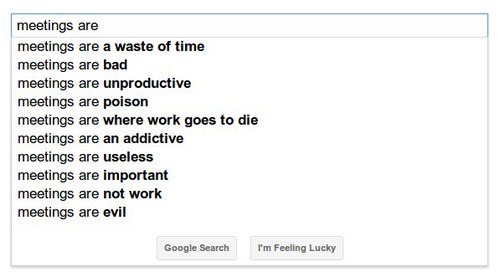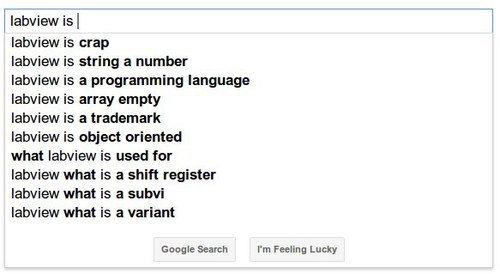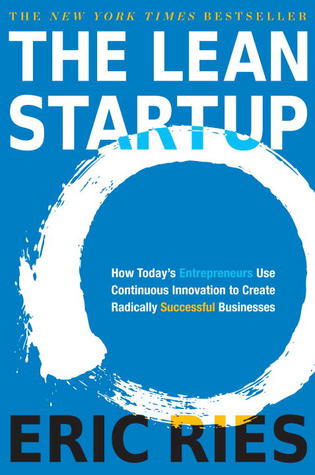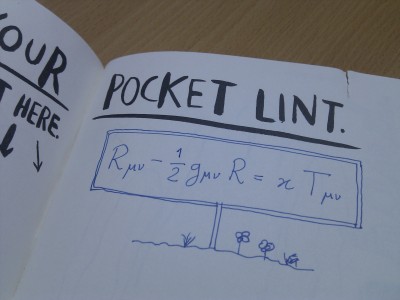A while ago I was reading someone’s 30 by 30 plan, 30 things to accomplish before the author turns 30 years old. Since I always liked lists, it got me interested. Since I’ve just turned 32 a few days ago, that other ship has sailed a long time ago, but then I can set my even more ambitious list: 40 by 40.
It took a 2 or 3 brainstorming sessions, here are the results, not any particular order, just numbering it to keep track, and a bit of explanation here and there:
- Travelling to: Chile, Africa (somewhere), Southern Hymalayas, a desert, Hokkaido (because seeing new places always open new dimensions)
- Create a new programming language (programming so much, maybe can make something new, which would me to appreciate the other languages even more)
- Become professor (that’s the science career path and working this long for other professors, I wanna see how I can be in their place)
- Publish a book (reading so much, writing quite a bit, can I really write something others want to read?)
- Start a company (the independence and creativity it would give me is hard to overestimate)
- Travel to space (unlikely, but let’s just set the goals high)
- Learn to play a musical instrument, current candidates: piano, trombone, or guzhen (I’m listening to so much music, want to be able to create something myself)
- Have an art exhibition (creativity knows no bounds, and interactive art is awesome, would be great to collaborate too)
- Be in a film (I’m a terrible actor, but still want to see what work goes into all the movies I like to watch so much)
- Sail on the ocean (adventure time, real travel, real toughness)
- Go skydiving (that must be a feeling impossible to describe, have to see it myself)
- Send my parents travelling somewhere where they wanted to go (I was lucky to have travelled more than most of my family, let’s pay back some of that while possible)
- Set up a foundation for some good cause (I was thinking about this quite a bit, I wonder how can I help the most?)
- Learn to swim properly (being a frong is just not enough)
- Run a marathon (I guess I’m already doing this wrong, but want to see what does it feel like)
- Do a defensive driving course (haven’t driven for almost a decade, but the way people drive in Taiwan, this would be a very important skill to learn)
- Write to my inspirational people (though first really have to figure out who are they, have some but need time to think)
- Learn to meditate properly (have tried it a few times with guidance and it is simply life-altering experience, too bad single times fade, I want to have the habit)
- Create a high traffic website (can’t read Hacker News day in and day out without having this ambition)
- Become fluent in Chinese and one other language: Japanese, Spanish, French, or something else (languages are awesome, love to communicate with people)
- Long distance bicycle trip to somewhere (many people do that around Taiwan, and used to cycle much more than these days, is a great way to get around)
- Learn to brew really good coffee (these days I do drink a lot of coffee, but very few places make it such that it stands out, I want to see what it takes)
- Learn the constellations and other important object on the sky, be able to navigate by night (used to do much more astronomy as a kid, have to rediscover the universe)
- Get to know a traditional profession deeper, like carpentry or pottery. (there’s an awful lot to geek out about those)
- Build a building, or renovate an old one (break the mystery of the places where I stay everyday)
- Grow a tree (tried many times, and they have failed very early)
- Learn to be a technical writer (that’s the influence of my advisers from Oxford)
- Bring traditional Taiwanese food cooking back to Hungary, and Hungarian back here to Taiwan (cooking is a lot of fun, and dinner parties with people are even more)
- Overcome helplessness about the issues I see around me everyday (stray animals, homeless people, poverty, all could be improved upon if I can face them)
- Give away at least half of my stuff (I have too many things, need to simplify)
- Get back in touch with my childhood, teenager and uni friends (I have burned so many bridges by inaction)
- Learn to mix cocktails well – and come up with a new one that people actually like (cocktails are playground, and even though I can’t drink, I was reading a lot about them)
- Attend the Nobel prize ceremony (preferably when someone I know won the prize)
- Do something concrete for science education (also inspired by my high school friend who’s doing an amazing job at that)
- Write up our family tree and as much of our history as possible (I love history, and very interested in my family)
- Have a patent of an actually useful invention (then give it away)
- Have a radio show (had some small stuff before, just feel like doing it)
- Figure out how to donate blood again (they wouldn’t let me here because of being grown up in Europe)
- Learn to fly helicopter (somehow much more tempting than aircraft)
- Overcome the fear of heights (that would be very useful)
While making this list, though, I was thinking: this is all good and nice, but I care much less about it than I thought in the beginning. These would be nice, but I actually have 1-by-40 plan: be happy.
Let’s see how does that go. :)




